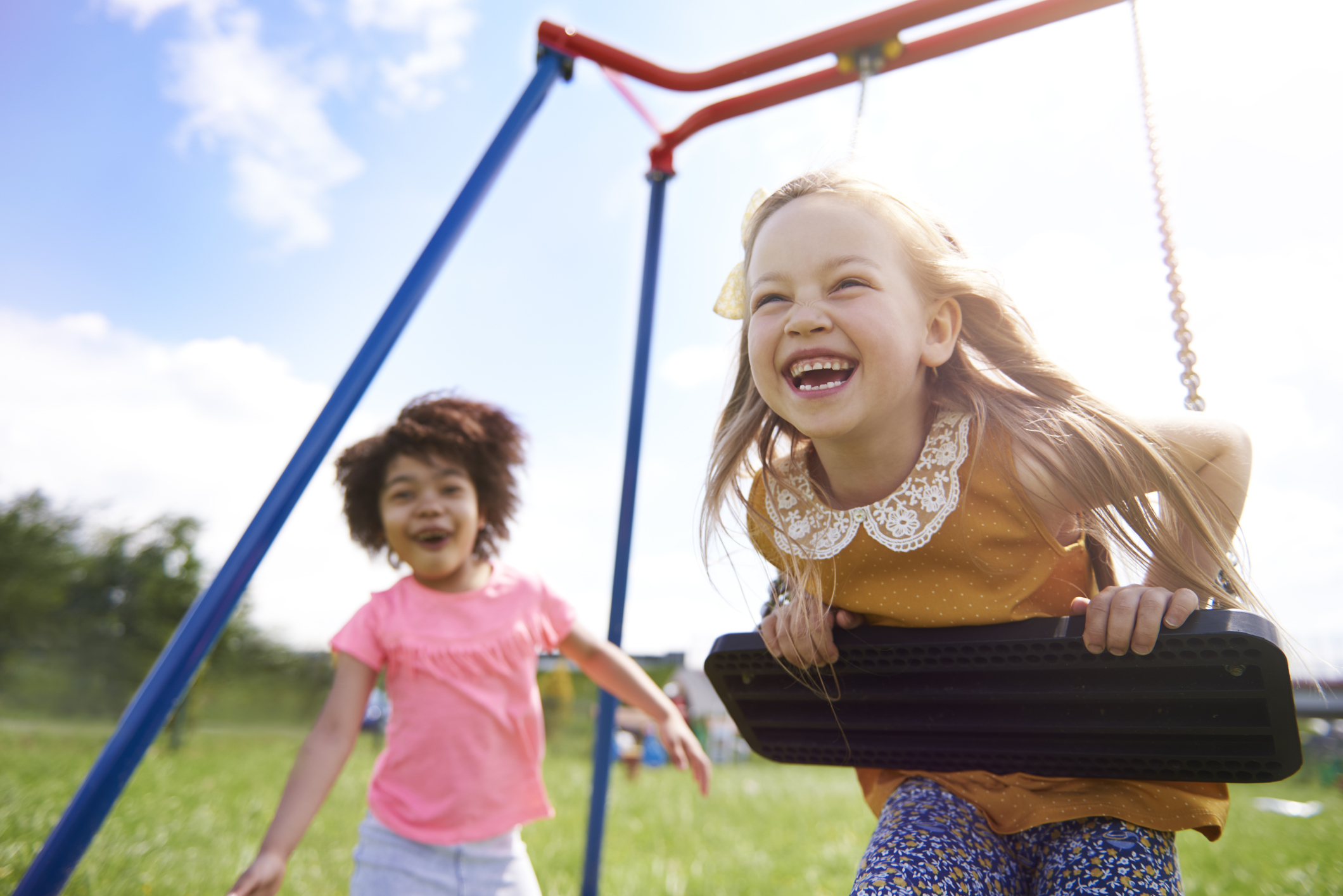After I dropped my son off at school, I found his homework on the table. Poor kid, I thought. At bedtime, we reviewed his day. Even though he felt down about not turning in his math homework, his mood lifted when I asked what he was grateful for. He mentioned band class, his dad’s walnut pasta, and playing with our dog. He’d moved into a good frame of mind for sleep and that made me glad.
Being grateful can help a kid change his perspective and turn a bad day around. By focusing on what he does have rather than what he doesn’t, your child’s making a big shift in mindset. And gratitude for kids, it turns out, has 5 powerful benefits.
1. Having gratitude makes kids happier.
Every now and then, my kid falls into a slump when nothing goes his way. He gets lots of homework, the weather’s crummy, and some poor choices lead to no screen time. Fortunately, research tells us “gratitude is strongly and consistently associated with greater happiness.” Thinking about what he’s grateful for can help bring a child out of his funk.
How to do it: Try to help your child shift focus to what he does have in his life and what’s going well. Be an example by pointing out what you’re grateful for. Maybe it’s your child’s warm hugs or your husband’s kiss after work. Your child will learn how to notice more and lift his own spirits with your example to guide him.
2. Having gratitude leads to better relationships.
“Thank you for emptying the dishwasher, honey,” I said. By showing my child gratitude, I’m making her feel appreciated and valued. And showing gratitude, the experts say, will form better and closer relationships. Psychologist Sara Algoe found that gratitude can help form and maintain relationships. So a kid who shows gratitude toward her classmates will probably be better liked and have more friends.
How to do it: Have your kids think about the people they’re grateful for that day. For example: “I’m grateful for Sonya because she let me borrow her eraser.” Have them use this format every night for a week: “I’m grateful for______ because _______.”
3. Gratitude leads to better health.
Taking two or three minutes to reflect on the day and talk about what they’re grateful for can also benefit kids’ health. Mental health journalist Christina Caron says practicing gratitude can reduce symptoms of depression and anxiety, boost self-esteem, and improve satisfaction with daily life. Even for kids who are upbeat most of the time, taking time each day to reflect on their blessings can become a habit that will prepare them for the inevitable bumps along the road.
How to do it: Have kids get specific about gratitude. Find out if they’re grateful for the school’s A/C or if they got to work with partners in math. It helps to break down the good parts of the day so kids don’t take things for granted or only focus on the negative.
4. Gratitude makes kids less likely to engage in dangerous activities.
When I found out gratitude had a protective benefit for my kids, I made a more conscious effort to encourage it. Human sciences specialist Donna Donald says, “[Y]outh who are ungrateful are less satisfied with their lives and are more apt to be aggressive and engage in risk-taking behaviors.” Gratitude for kids might mean they’re less likely to drink, take drugs, or engage in sexual activities.
How to do it: Put a gratitude jar on your child’s nightstand. The act of writing down what she’s grateful for may help your child think more deeply about her blessings. Rereading the slips of paper can also serve as good reminders from the past.
Teaching kids to be grateful for the little things in their lives will help them get through tough times too. Share on X5. Having gratitude leads to more resilience.
When I injured my foot recently, I needed crutches for nearly two months. After a brief mourning period, I told myself I was grateful I didn’t need surgery. Being grateful for escaping the knife helped me get through those long weeks on the couch. Teaching kids to be grateful for the little things in their lives will help them get through tough times too.
How to do it: Pray with your kids. Through adversity, many people find comfort in their faith. Being able to shift mindsets from what we don’t have to what we do is something that gets easier with practice and will help kids over time. Thanking God for your family, friends, and your health is a good place to start.
To help kids learn how to pray, use our Kids’ Praises for God printable. It’s cute and easy for kids of every age to understand!
Gratitude for kids might mean weekends and video games. How do you get your kids to dig deeper for the little things we should be grateful for?











